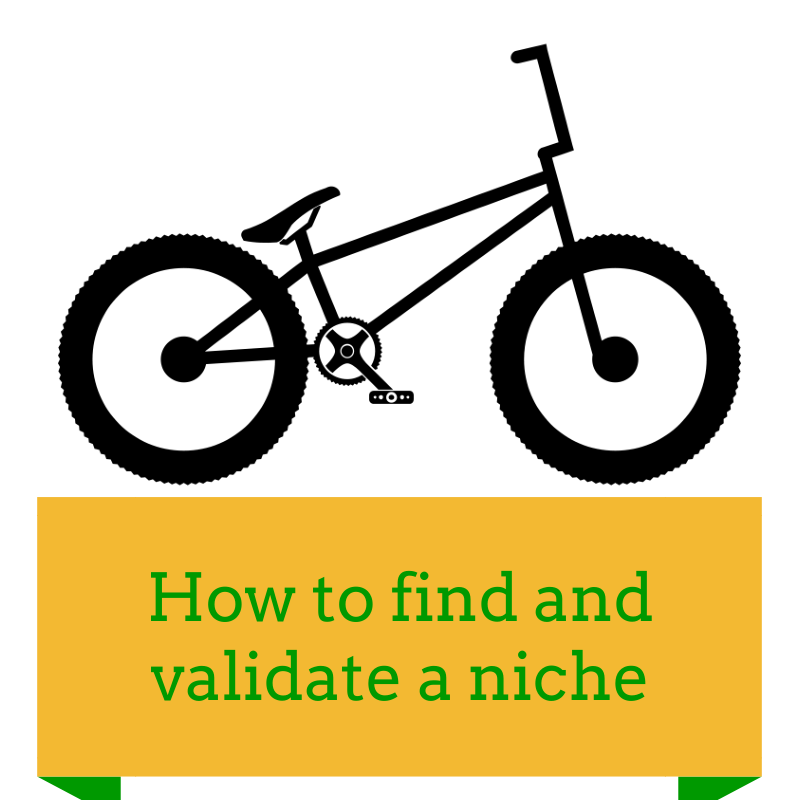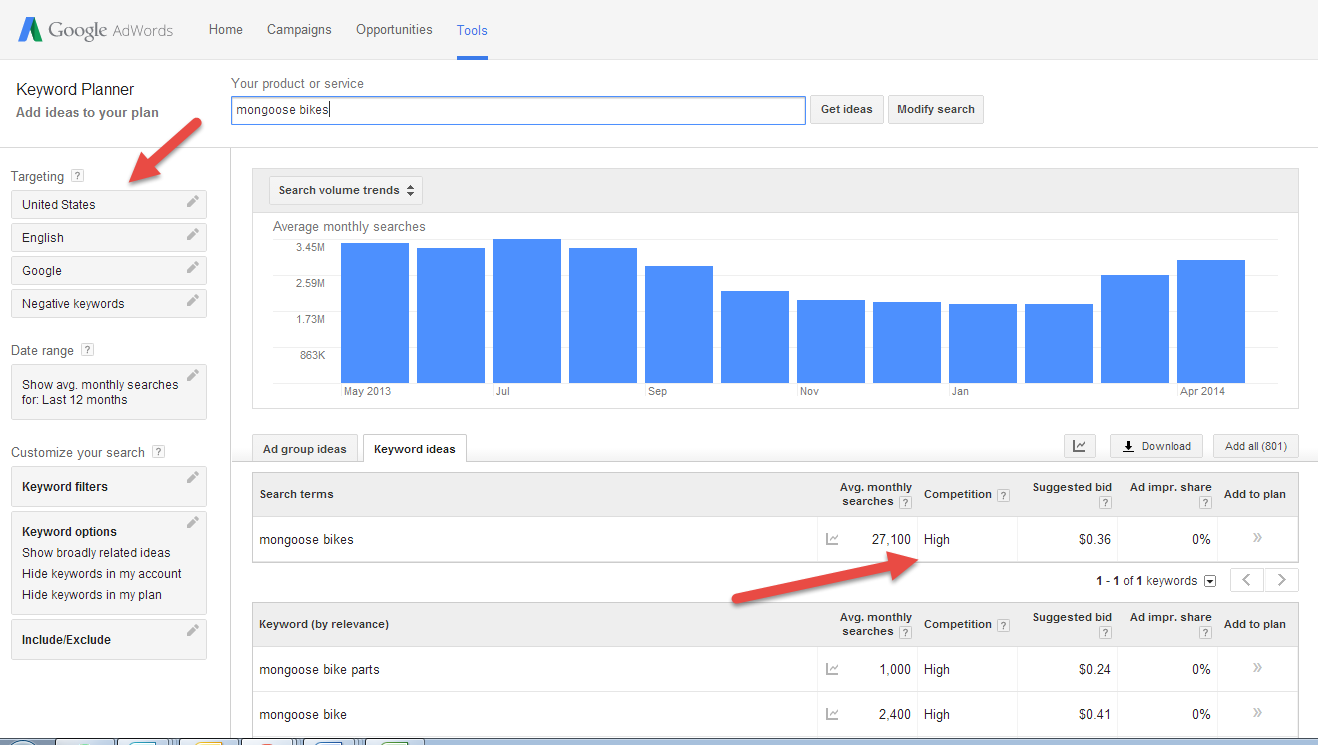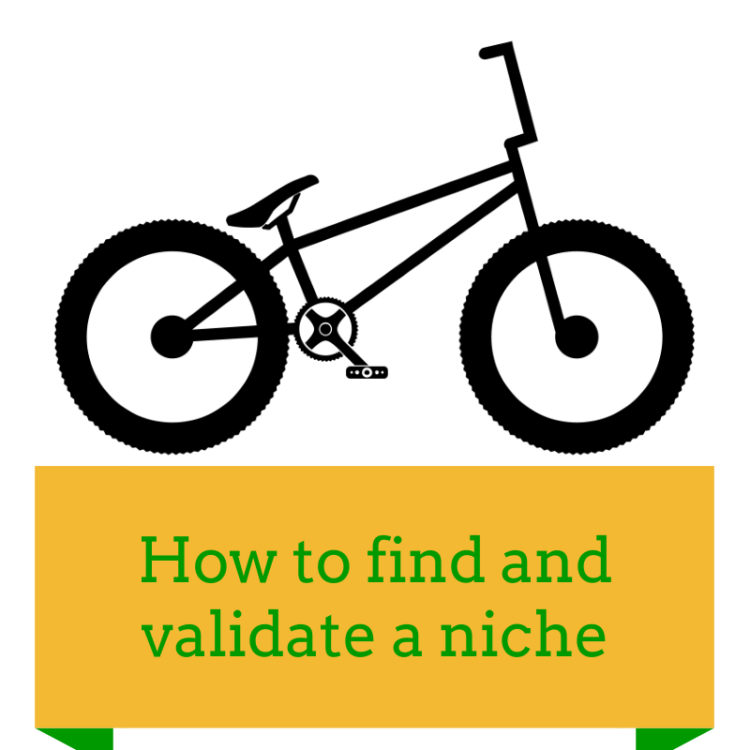
One of the biggest challenges for budding entrepreneurs is undoubtedly where to begin. Fear, doubt and worry are usually the front runners when thinking about starting a business. But for some people they have no clue what to work on, or how.
That’s perfectly fine. Some of the most successful businesses and inventions were created by people who did not know what they were doing when they first started. The important thing is just starting anyway and that’s what we try to encourage here at The Phat Startup.
A useful motto when starting your business is to “Think Big, Start Small”. This ideology ties into the lean startup approach for companies to fail fast, learn from the mistakes and work on the next iteration. Almost all of these businesses have a specific problem or issue that they are trying to solve. We call that a niche and that’s the first step in starting your business.
What is a niche?
Over the past few years, thousands of businesses have sprung up, addressing very specific problems. In fact, Google makes billions of dollars every year using their platform for people to find solutions to those problems which we call niches. The Search Engine Optimization (SEO) industry is built on niche markets and allows advertisers to present their solutions to the people online that are searching for them.
A niche can be in any industry, addressing any type of demographic. The main qualities of a niche are that it’s a very specific problem or concern for someone.
So how do you go about finding a niche?
Start by looking at your everyday life and really paying attention to your daily problems, concerns or things that can be done more efficiently around you.
As an example let’s say you just bought a new golf set and have been searching for the perfect glove. You went to every golf store in your area but have not been able to find the one that fits your hand smoothly. Your hands happen to be a little bigger than average so any glove you try fits but not quite right. You talk to your brother-in-law who has a similar problem and was also not able to find a decent glove that fits.
There you go, that’s your niche! Now most times it won’t be as simple as this and you will really have to pay attention to the things in your life that are affecting you or are not as efficient as you would like them to be.
The other avenue where you can find a good niche is addressing your own talents, skills and interests. We tend not to give ourselves as much credit as we should but many of us have talents and skills which can help other people. You might not think your knack for fixing BMX bikes is actually that useful, but I will assure you that someone around the world will be head over heels for you to teach them.
Not everyone will have immediately recognizable skills for a niche or a problem that jumps out at them. Finding a niche won’t happen overnight and can be a difficult process to find the right one. A tactic that I’ve used in coming up with niche ideas is to take a combination of problems and skills, then write them out every night.
So tonight when you get home from work, take out a pen and paper and try to jot down five problems you experienced that day along with five skills or interests that you have. I promise you that if you do this for a month you will start to connect some dots and see potential niches where you can start a business.
Now that you’ve found a niche let’s talk about making sure it’s one worth pursuing.
How do you validate a niche?
Once you’ve found a niche it’s important to make sure it’s worth pursuing as a business. Not all niches are built the same and there are some that should be left as a niche (e.g. the return on investment will not be worth it). You must make sure that your niche is strong enough and big enough for you to make money in a business.
The first step in thinking about whether your niche is a good business idea is to find someone else that has the same problem or wants to learn what you know. You could ask all of your Facebook friends but a more efficient way is to let Google help you.
Google has a tool called the keyword planner which allows you to see how many searches there were for a specific set of words across a given time period. This will allow you to see how many people are searching for your keyword per month and also let you scope out the competition for that keyword.
If you have a gmail account then signing up is relatively easily. Once you are in the keyword planner you can start searching for your keywords.
Let’s go back to our example of fixing BMX bikes. Your specialty might be mongoose bikes so you type in “mongoose bikes” into the keyword planner and click search. The screenshot below is something you might see. Pay close attention to the two red arrows below. The first arrow shows the targeting section and here is where you can drill down your niche search results. You can filter by the country/region, language, search engine and even exclude certain keywords from showing up in your screen.
The next arrow shows the search term results for your criteria. In our example we can see that mongoose bikes gets about 27,100 active monthly searches but the competition is high. Looking at this niche right now, it looks like it might not be worth pursuing because the volume of potential customers is not big enough and the competition is already too high.
I chose this example specifically because a lot of the times you will find out that your niche was not as great as you thought it was and that is a reality check for the work you must do on your own to find a good one. When this happens you must go back to the drawing board and either reevaluate the niche you are looking at or start looking for a new one.
Finding and validating a good niche takes time and effort but can be incredibly valuable once you find the right one. Remember that it is a process and takes a bit of effort in the beginning. However, once you develop the talent for picking niches you will have an endless supply of business ideas to pursue. Remember that every business starts off addressing a very specific problem (niche). Once you have mastered finding and validating a niche, you are well on your way to starting a great business.




